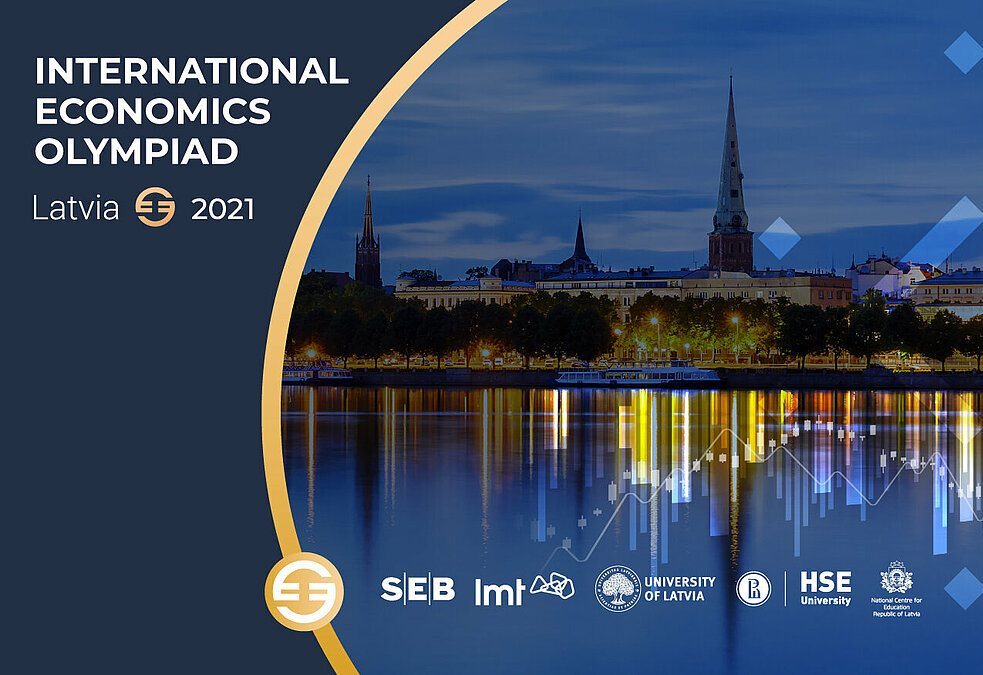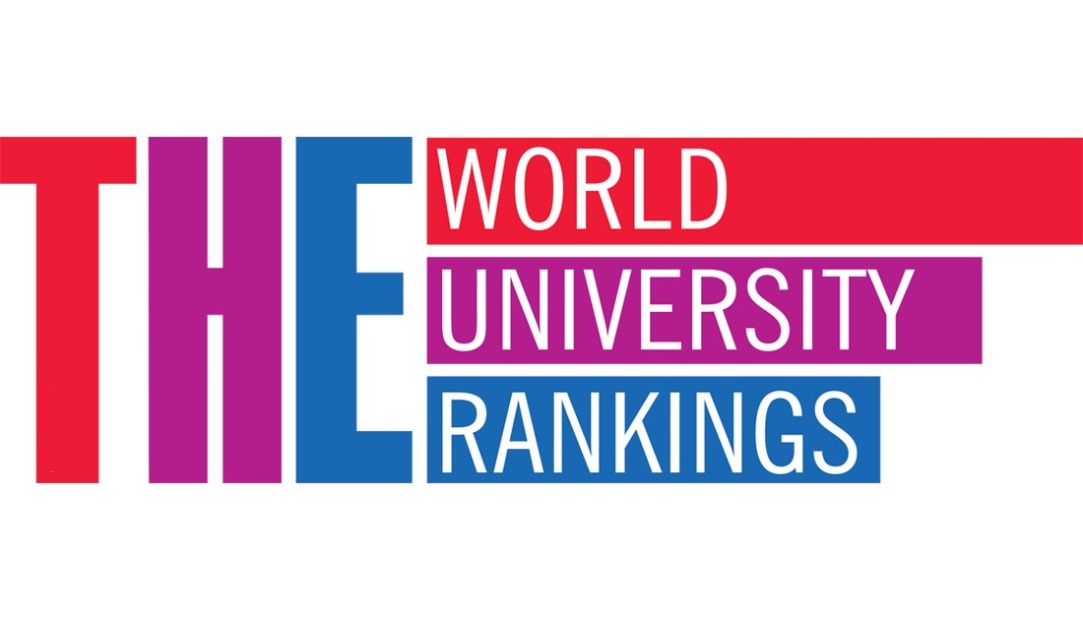
HSE University Advances 200 Places in ARWU
HSE University has demonstrated explosive growth in the Academic Ranking of World Universities (ARWU) (Shanghai Ranking), improving its standing by as many as 200 places. The university climbed to the 601-700 group of ARWU and advanced from 7-8th to the 4-5th among Russian universities.

HSE Academics Elected Fellows of the British Academy
Galin Tihanov, Chief Research Fellow of Poletayev Institute for Theoretical and Historical Studies in the Humanities and Professor of Queen Mary University of London, and Sergey Ivanov, Professor of the HSE Institute for Oriental and Classical Studies (IOCS) have been elected fellows of the British Academy. In an interview with the HSE News Service, Sergey Ivanov speaks about this important event, his new responsibilities as a fellow of the Academy, and his short-term research plans.

Russia Wins One Gold and Four Silver Medals at International Economics Olympiad
The 4th International Economics Olympiad (IEO) has come to a close after taking place online in Latvia from July 21 to 1 August. The competition was organized by HSE University and the University of Latvia.

Student of the HSE Art and Design School Directs Animated Video for Indie Folk Band Juna
July 12 saw the YouTube release of the music video for the track ‘Amanat’ by the Tatar indie folk band Juna. The video was directed by Evgenia Sheinina, now a fourth-year student of the bachelor's programme in Animation and Illustration at HSE Art and Design School. She worked on the animated video across two modules with her supervisor Igor Kovalev. Evgenia spoke to HSE News Service about this unusual project.

HSE Researchers Discover Nucleotide Sequence Responsible for Effectively Fighting Pathologies
Researchers from HSE University have discovered nucleotide sequences characteristic of microRNA isoforms (microRNAs with errors). The discovery will help predict errors in microRNA behaviour and create drugs that can detect targets (such as viruses) more effectively. The results of the study have been published in the RNA Biology journal.

HSE Art and Design School Students Develop Crowswap App for Exchanging Minors
Third-year Design and Coding students Valeria Insafutdinova, Grigory Narinsky and Polina Filacheva have created Crowswap, an app that allows students from different HSE programmes to swap minors and apply for transfers. The app also informs them on where to send all the necessary papers.
.jpg)
'When We Find Something That Doesn’t Work Well Enough, We Replace It in Order to Develop a More Effective Approach'
The winners of the third annual Ilya Segalovich Award were recently announced in Moscow. Established by Yandex, the award promotes the scientific endeavours of young researchers from Russia, Belarus, and Kazakhstan in the field of Computer Science. Among this year’s winners were three HSE students, including Alexander Grishin, a Doctoral student of the Big Data and Information Retrieval School of the HSE Faculty of Computer Science. Alexander spoke to us about his work, research challenges, and why he was surprised to receive the award.

HSE Enters Top 15% of THE Young University Rankings 2021
HSE University has improved its indicators of research, international outlook, and industry income in THE Young University Rankings. HSE University now ranks 57th among 475 international universities and is the only Russian university in the Top 100.

Make the Most of the Sun
Professor Alexey Tameev of HSE MIEM, along with a team of colleagues, has proposed a calculation method to determine the optimal photoactive layer thickness which can maximize the power conversion efficiency of solar cells. Applicable for both polymer andperovskite solar cells, the method can become a milestone on the path from laboratory samples to solar cells made from new generation materials. The results of the research are covered in ‘A common optical approach to thickness optimization in polymer and perovskite solar cells’, an article published in Scientific Reports.

HSE Graduate School of Business Student Teams Win Flourish Prize 2021
In the contest organized by AIM2Flourish, students from various countries tell stories about companies that promote the 17 UN Sustainable Development Goals. HSE students won in the global goals of ‘Quality Education’ and ‘Partnerships for the Goals’ with cases of Kaspersky and VimpelCom PJSC (Beeline brand), respectively. They have become the first Russian representatives to earn these prestigious awards.


Application deadline: June 23, 2025